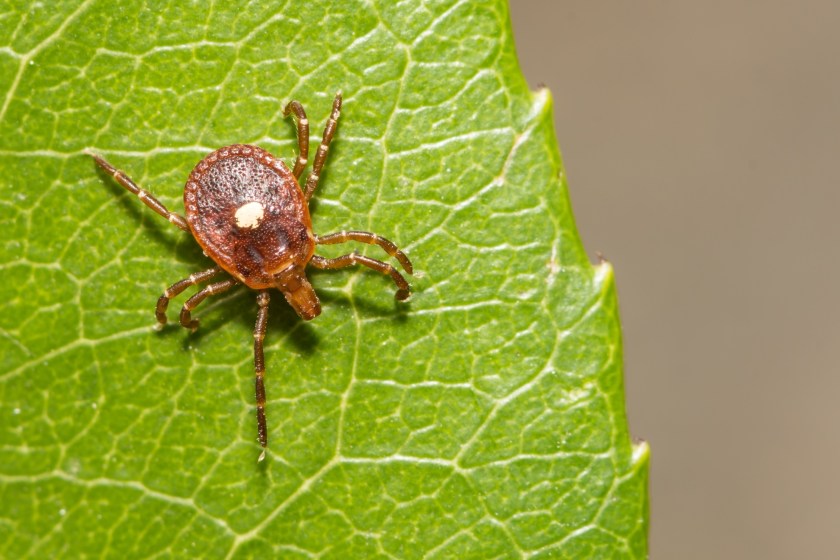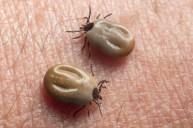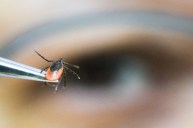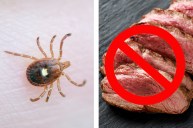I have always been drawn to the suburban lifestyle. While I secretly have always wanted acres of land with some goats and bees, I never liked the idea of not having any neighbors. Besides, suburbia life has many benefits to it. You have a sense of community, you have nice homes, sometimes you even have things like community pools. However, now there is something that suburbia has that I do not like. Now, that very thing I do not like is the reason why you are more likely to develop an allergy to red meat if you live in the suburbs.
Why You Are More Likely To Develop An Allergy To Red Meat If You Live In The Suburbs

Shutterstock Image
One thing that is common in the suburbs is shrubbery. After all, let's be honest...it is a competition to see whose yard looks the nicest. Nothing says nice yard like some ornamental grasses and shrubs. However, someone besides you and your neighbors enjoys your shrubbery. That's right, I am talking about ticks.
These creepy crawlers enjoy tall grasses and shrubs. They also thrive in warm and moist environments — so if you are in the suburbs in the South look out. Not only do ticks carry diseases like Lyme disease but now scientists are warning of a new symptom — an allergy to red meat. The NY Post shares "Certain ticks can trigger alpha-gal syndrome (AGS), a possibly life-threatening allergic reaction to beef, pork, lamb, or other animal products." Additionally, they share just how the process works.
They write, "Tick saliva contains alpha-gal, a sugar molecule found in red meat. A tick bite introduces alpha-gal into the bloodstream, tricking the immune system into thinking red meat is harmful."
Which Ticks Carry This Disease And What To Look Out For
The lone star tick is the main culprit for spreading AGS, — and delivering the allergy t0 red meat — however deer ticks have been known to carry it as well. Lone star ticks are primarily found in the southeastern, south-central and mid-Atlantic regions of the US. Additionally, scientists have found, " 462 confirmed cases in North Carolina, South Carolina and Virginia."
If you were exposed to AGS symptoms typically appear within two to six hours after eating meat — and they are not pleasant. Symptoms include "hives, nausea, wheezing, low blood pressure and fatigue." Additionally, "severe cases may lead to anaphylaxis." The best thing you can do is try to prevent yourself from being exposed to and bitten by ticks. Wear the proper clothing and deterrents. Try to avoid heavily forested areas, and always be aware.




